On the morning of August 30, giving his opinion on the revised Land Law project at the Conference of specialized National Assembly deputies, delegate Tran Van Lam ( Bac Giang delegation), Standing member of the National Assembly's Finance and Budget Committee, said that Resolution 18 of the Central Committee on land policy clearly states that the State regulates the added value from land not created by land users to ensure fairness, publicity and transparency.
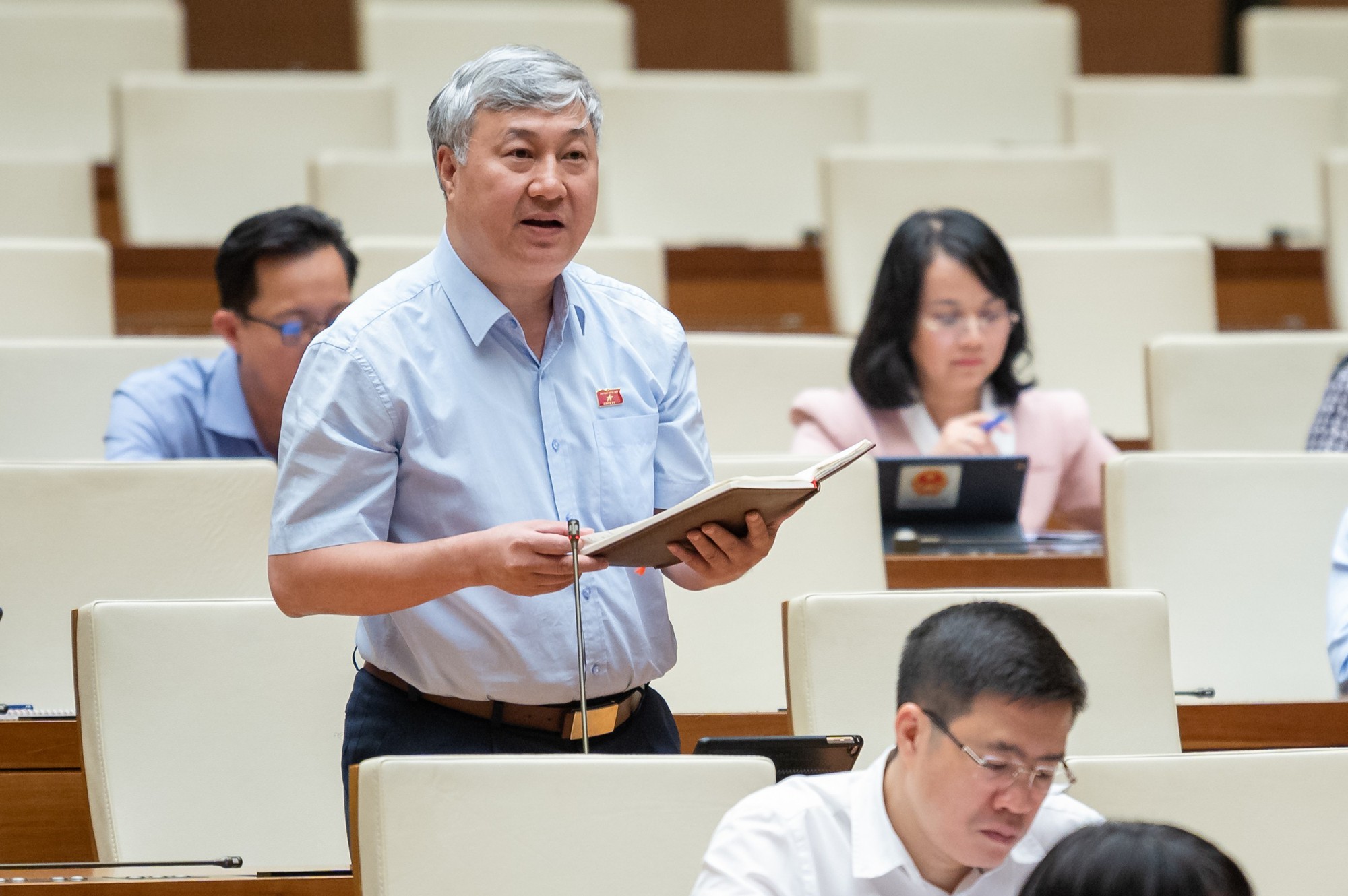
Delegate Tran Van Lam expressed his opinion at the conference.
According to him, the policy of regulating differential land rent has been partly institutionalized in the draft Land Law, such as regulations on land allocation and land use purpose conversion implemented through land auctions and project bidding.
"However, for projects that do not go through auction or bidding, how can we regulate land rent differences? There needs to be a clear mechanism to complete it," Mr. Lam recommended.
He cited the case of land users benefiting from planning policies and infrastructure investment that change land class and land value.
"Like building a road after widening, only a part of the displaced people will be compensated, but the people who stay will have their land moved from behind to the front, the location will change, the value will change, so how will that be handled?" Mr. Lam said, and said that there is currently no specific mechanism or policy to regulate land rent differences in this case.
From there, Mr. Lam proposed that if the planning changes the value of the remaining land that is not cleared, it is necessary to record in the land use documents that this land is from a lower class to a higher class. During the process of that person continuing to use it, the difference in land rent has not been collected. However, if the transaction, transfer, or difference in land rent is expressed in monetary value, it must be regulated into the budget.
"We suggest researching and continuing to adjust policies to make them truly fair and transparent," said Mr. Lam.
Infrastructure fees
Sharing the same view, delegate Le Thanh Hoan suggested that there should be a policy of collecting infrastructure fees for land that has increased in value thanks to infrastructure investment implemented by the State.
Infrastructure charges are applied to transport infrastructure, followed by public utilities and public spaces.
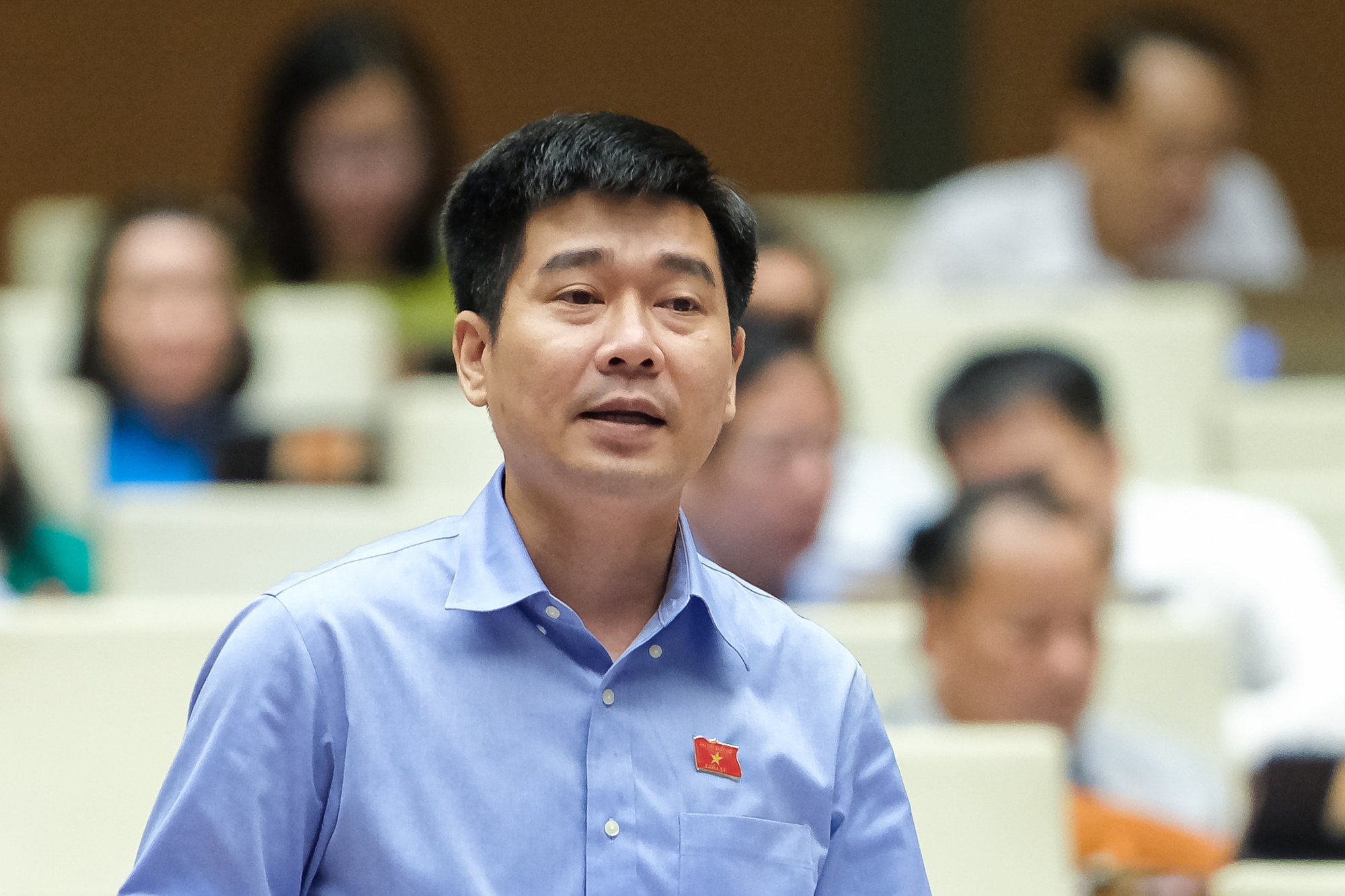
Delegate Le Thanh Hoan expressed his opinion at the conference.
Mr. Hoan analyzed that with this policy, land users must pay fees for public infrastructure that they directly benefit from. Because infrastructure construction is often carried out by the State and is not the result of private investment.
"In fact, many housing projects benefit from the State's investment in infrastructure, and home buyers often indirectly pay for the increase in house prices due to these public utilities. However, the beneficiaries are not the State but only the project investors," Mr. Hoan said.
Mr. Hoan proposed that there should be clear regulations to determine the areas where land users are considered to benefit from public works and must pay fees.
"In fact, the related areas are relatively easy to identify, thereby identifying the direct beneficiaries, most clearly the land plots in the alleys that become large street-front houses after the State invests in opening roads," Mr. Hoan analyzed.
Regarding infrastructure fees, Mr. Hoan said that they can be calculated based on the ratio of infrastructure investment costs or on the actual increase in land value or based on the land price list issued by the local government, based on comparison with the old location of the land.
This fee can be paid once or over a period of time in order to be able to transfer or license the construction of buildings.
"The proceeds can be used to increase support for those whose land has been recovered and to continue investing in developing new infrastructure," Mr. Hoan emphasized.
Source link



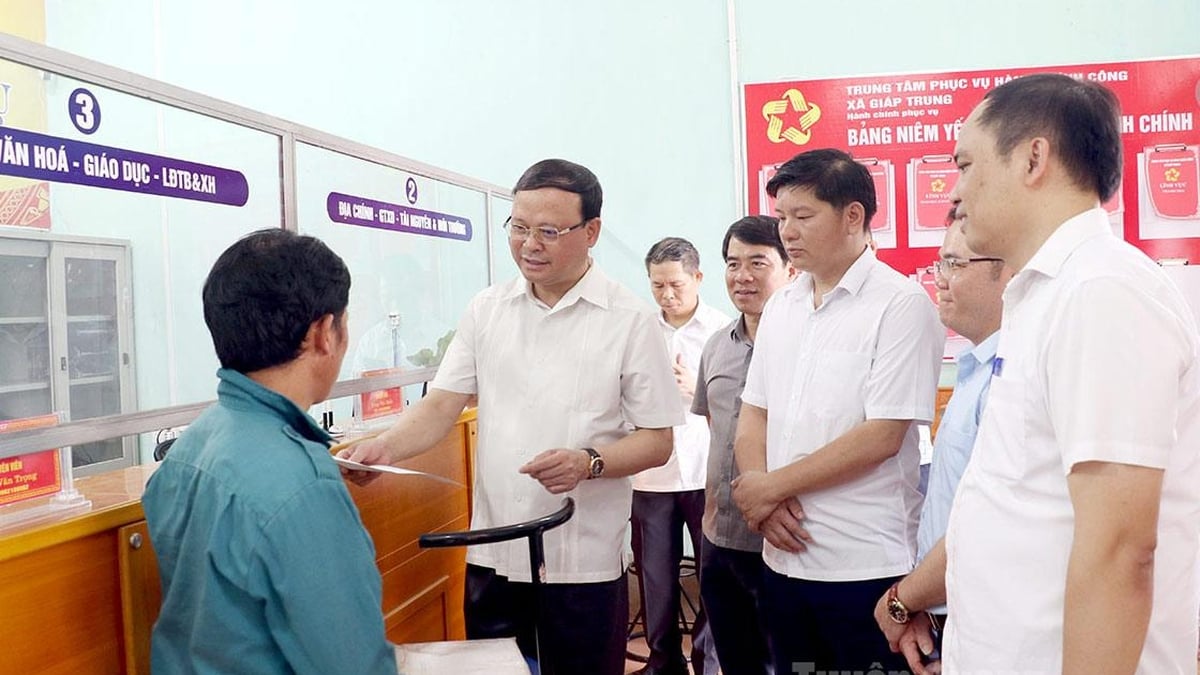
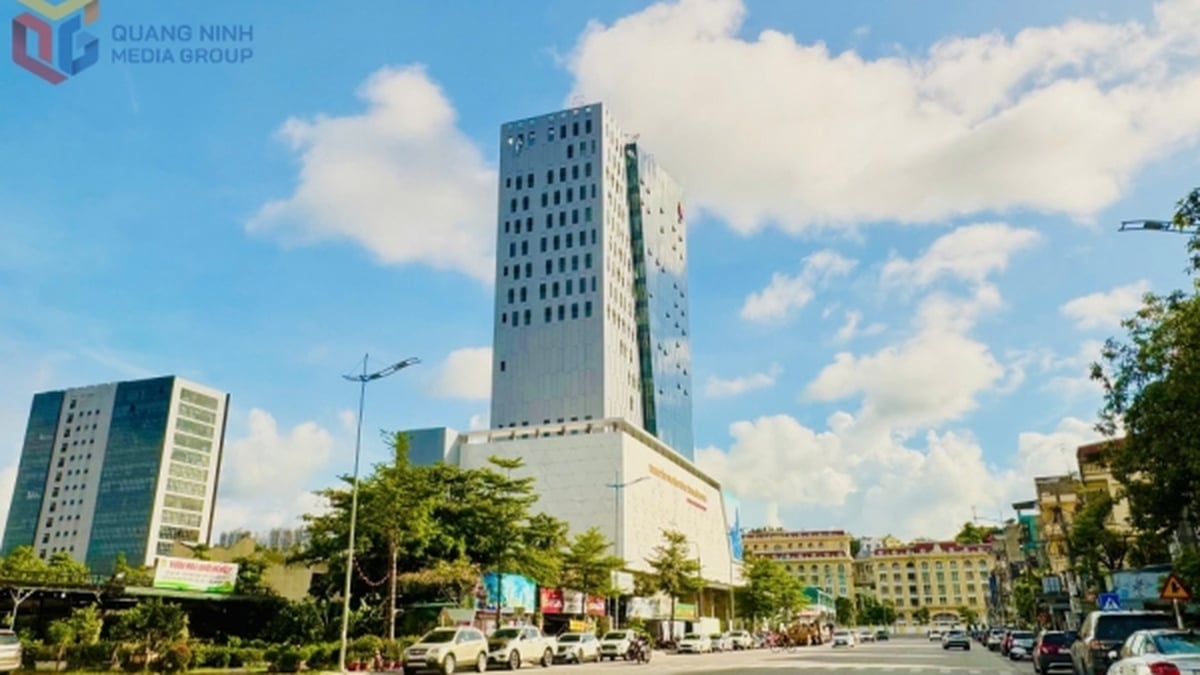
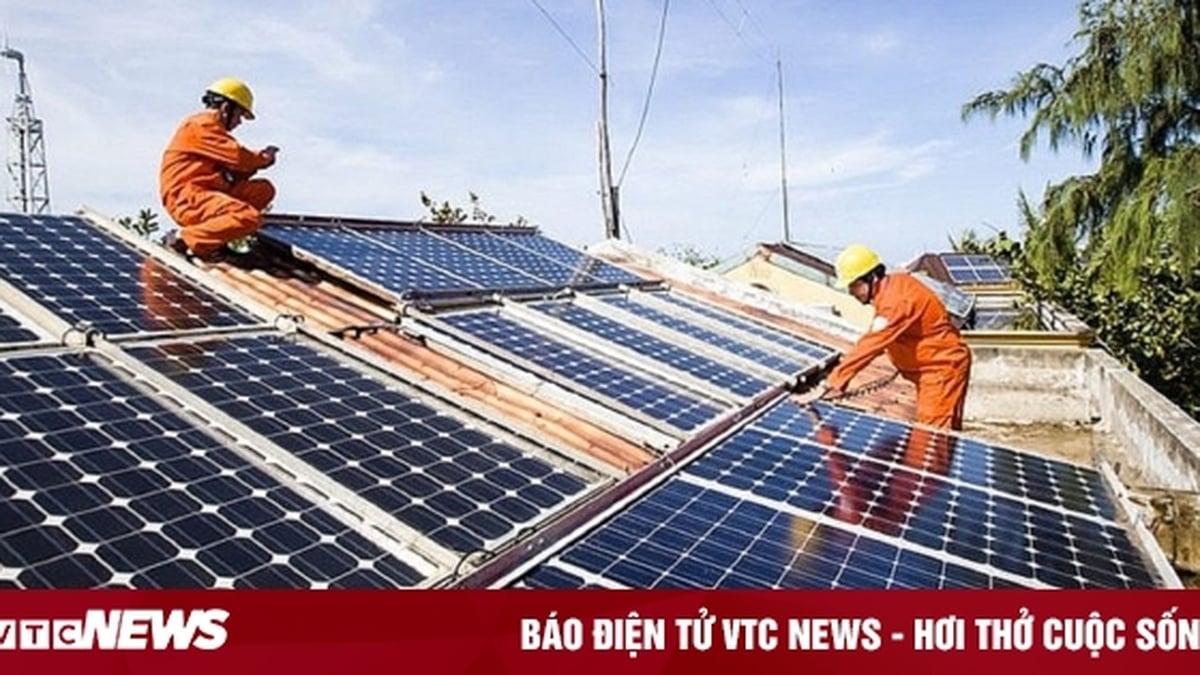


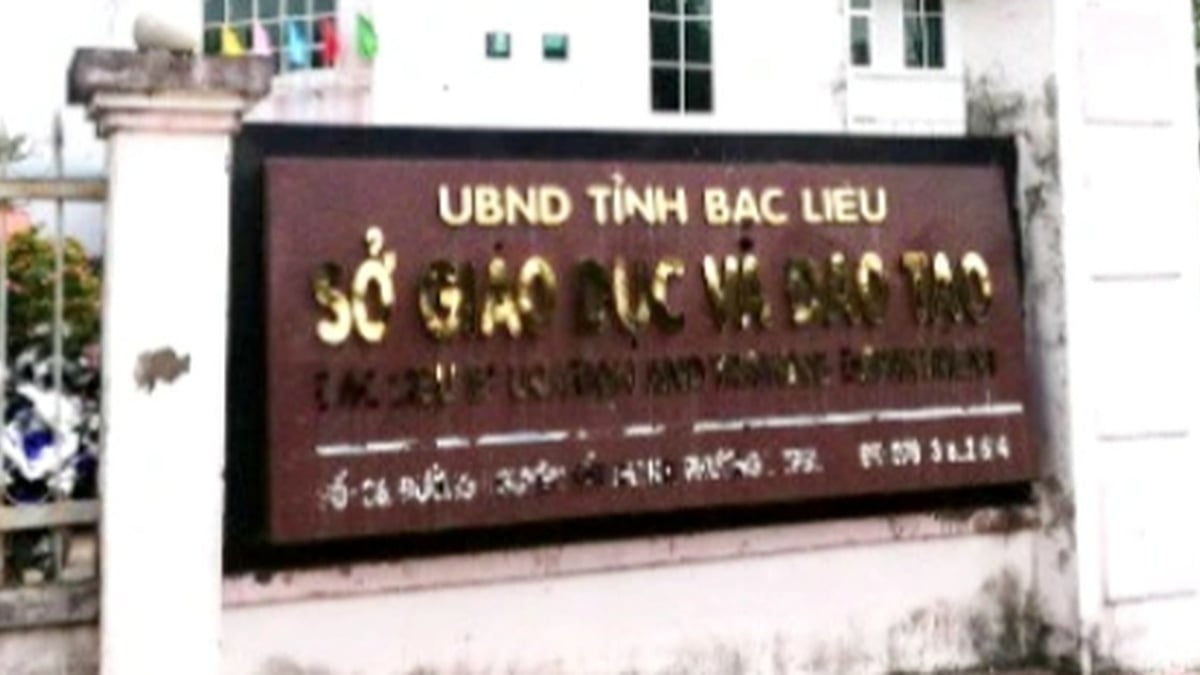

























































































Comment (0)